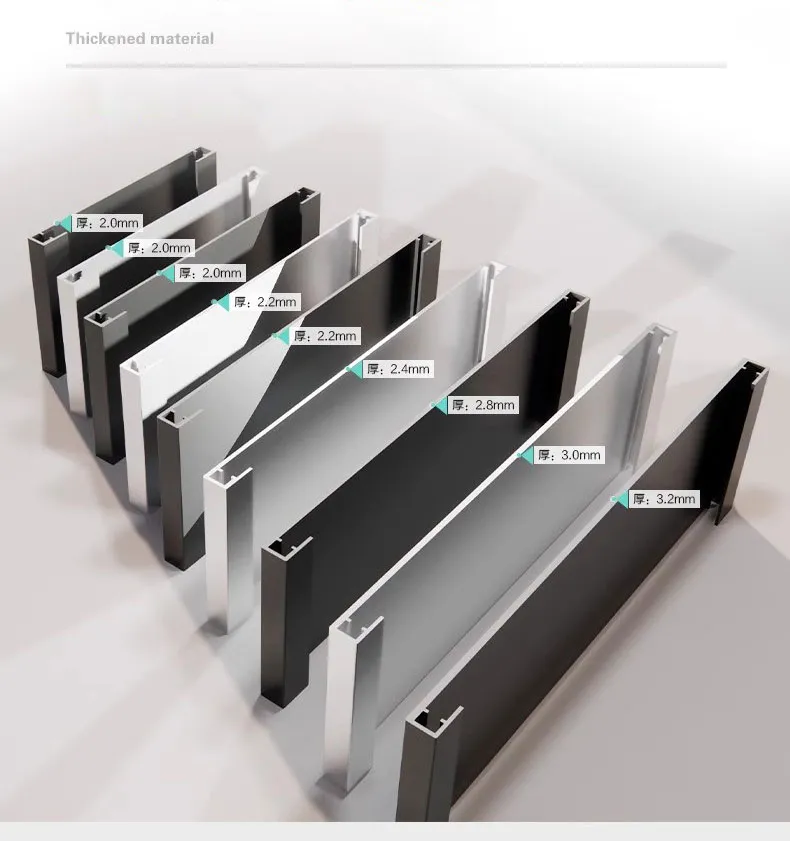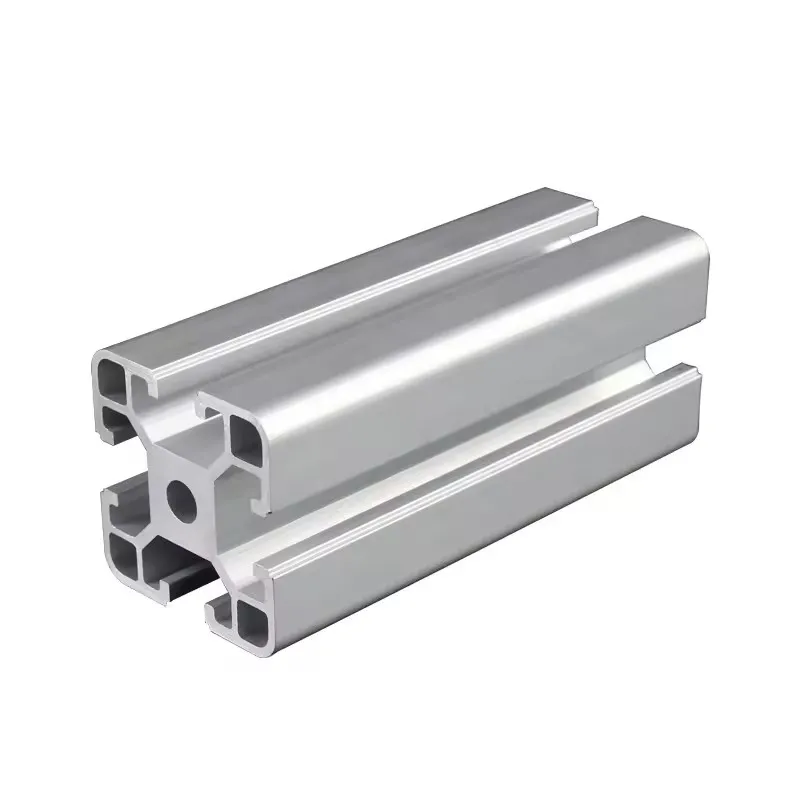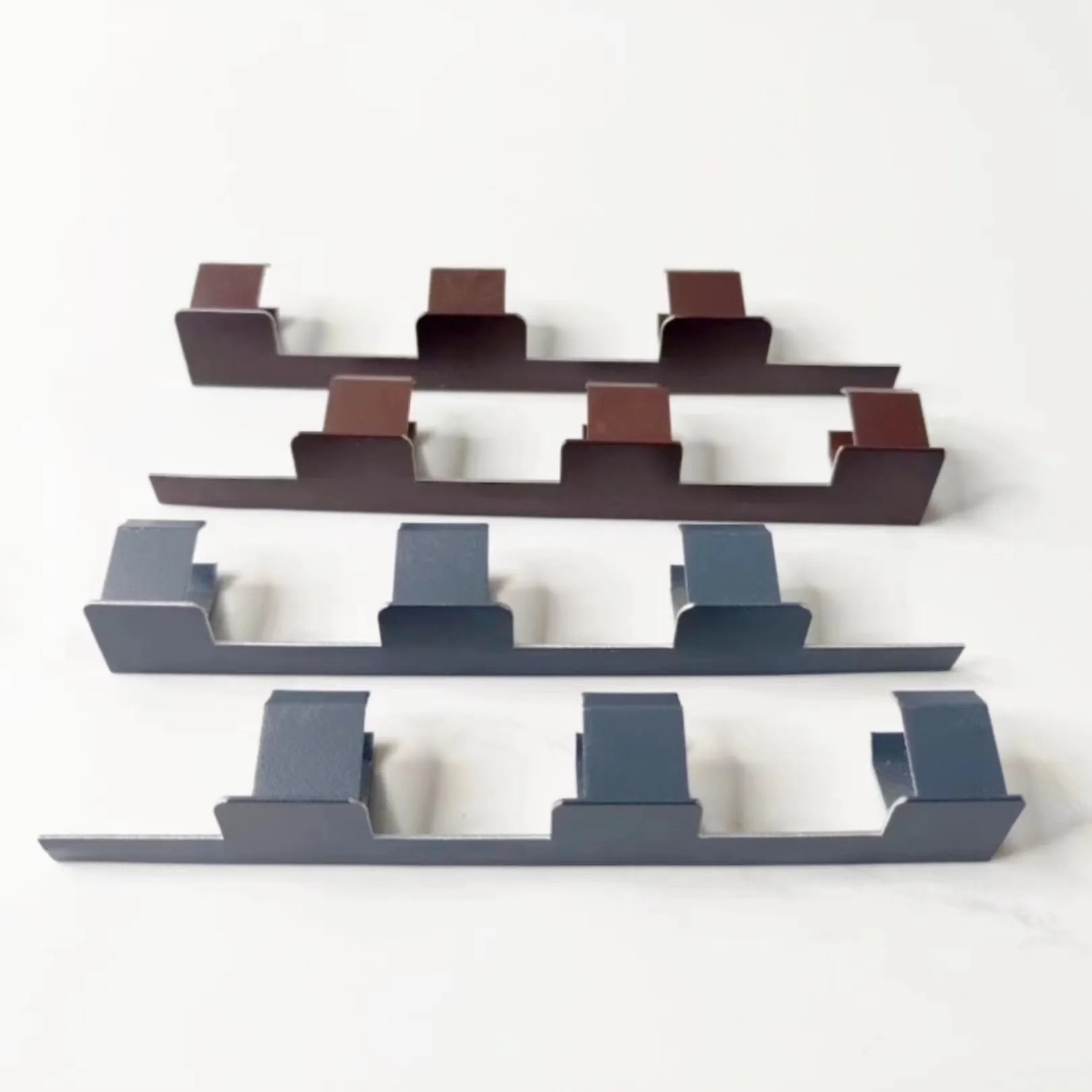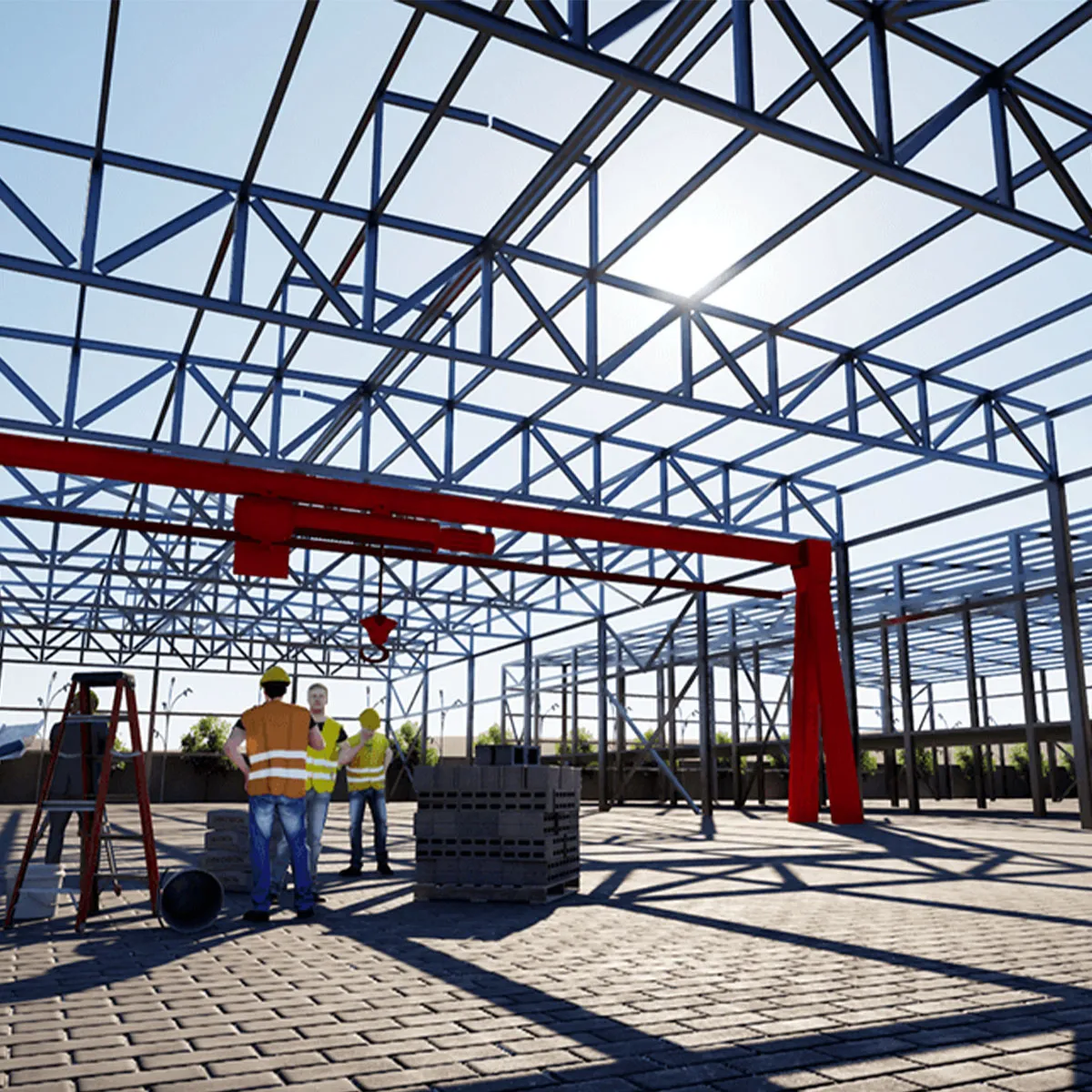Aluminum has become a highly popular material in various industries due to its unique properties and numerous advantages. Let’s delve into the benefits and applications of aluminum products and compare them with another commonly used building materials—steel.
Advantages of Aluminum
Lightweight yet Strong Building Materials
Low Density: Aluminum’s density is only one-third that of steel, making it significantly lighter.
High Strength-to-Weight Ratio: Despite being lightweight, aluminum offers a high strength-to-weight ratio, providing excellent structural integrity without the added weight.
Corrosion Resistance
Natural Oxide Layer: Aluminum naturally forms a protective oxide layer that resists corrosion, making it ideal for outdoor applications and harsh environments.
Low Maintenance: This corrosion resistance reduces the need for frequent maintenance and extends the lifespan of aluminum products.

Versatility and Formability
Easy to Shape: Aluminum is highly malleable and can be easily extruded into various shapes and profiles, allowing for intricate designs and custom applications.
Adaptability: It can be used in everything from large structural components to small, detailed parts.

Thermal and Electrical Conductivity
Efficient Heat Dissipation: Aluminum’s excellent thermal conductivity makes it suitable for applications requiring heat dissipation, such as radiators and heat sinks.
-Electrical Applications: Its good electrical conductivity is advantageous in electrical transmission lines and components.
Sustainability
Recyclability: Aluminum is 100% recyclable without losing its properties, making it an environmentally friendly choice. Recycling aluminum requires only about 5% of the energy needed to produce new aluminum from ore.

Advantages of Steel
High Strength and Durability
Tensile Strength: Steel has a high tensile strength, making it ideal for load-bearing applications.
Durability: It is highly durable and can withstand significant stress and strain without deformation.
Cost-Effective
Affordability: Steel is often more cost-effective compared to other materials, especially for large-scale projects.
Widely Available: Its widespread availability makes it a popular choice for construction and manufacturing.

Versatility in Construction
Structural Applications: Steel is commonly used in the construction of buildings, bridges, and other infrastructures due to its strength and reliability.
Modular Construction: Steel components can be prefabricated and easily assembled on-site, reducing construction time.
Resistance to Impact and Vibration
Robustness: Steel structures can withstand significant impact and vibration, making them suitable for industrial applications and high-traffic areas.
Recyclability
Sustainable: Like aluminum, steel is also recyclable and can be reused without losing its properties, contributing to sustainability efforts.

Applications of Aluminum Products
Construction: Aluminum is used in windows, doors, curtain walls, roofing, and cladding due to its strength, light weight, and aesthetic appeal.
Transportation: Its light weight helps improve fuel efficiency in cars, trucks, airplanes, and ships.
Packaging: Aluminum’s non-toxic nature and resistance to corrosion make it ideal for food and beverage packaging.
Electronics: Its excellent thermal and electrical conductivity make aluminum a key material in electronic devices and components.
Applications of Steel Products
Construction: Steel is a primary material in building frameworks, bridges, and industrial structures due to its high strength and load-bearing capacity.
Automotive: Steel is used in the manufacturing of vehicle bodies, chassis, and engine components for its strength and durability.
Infrastructure: It is widely used in the construction of railways, pipelines, and heavy machinery.
Tools and Machinery: Steel’s robustness makes it ideal for tools, machinery, and equipment used in various industries.

Conclusion
As excellent metal materials, aluminum and steel each have unique advantages, which also makes these two materials indispensable materials in modern construction and manufacturing.
Aluminum stands out for its light weight, corrosion resistance and versatility, making it an ideal choice for engineering that pursues light weight and sturdiness. On the other hand, steel has excellent strength, durability and cost advantages, making it the material of choice for heavy-duty and structural applications.
Understanding the advantages of each material can help you make an informed decision when choosing the right material for your specific needs.











